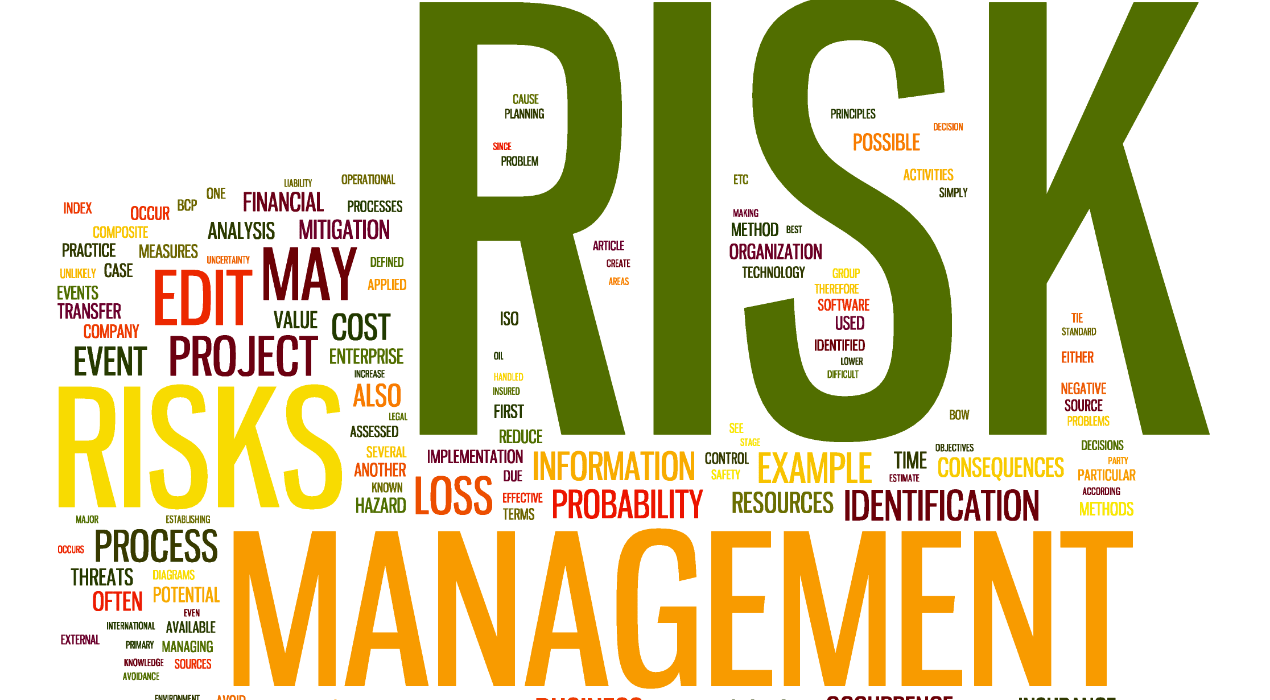
Being part of the Pacific Ring of Fire is never an appealing prospect. Call it a horse-shoe mega-disaster zone that extends tectonic plates from California to Japan to the Philippine Islands. However, the Philippines via its foremost agency on science and technology, the Department of Science and Technology (DOST), is making the most of a host of powerful information and communication technologies (ICTs) to lower the risks caused by natural disasters.
DOS Secretary Fortunato de la Peña emphasised the significant contribution of digital technology in harnessing disaster resilience, referring to it cumulatively as Science, Technology and Innovation (STI).
STI is at the core of disaster risk reduction — from understanding the concept of risks to building back better. The vigorous advancement of STI has allowed us to apply strategies and develop policies to mitigate risks and build resilience.
– Fortunato de la Peña, Secretary, Department of Science and Technology
The secretary emphasised the importance of ICT in a recent Zoom during the recent Asia Pacific Science and Technology Conference for Disaster Risk Reduction. Technology should be a key partner to Filipino resilience, a remarkable trait known as not just about mere survival, but the ability to adapt and transform.
Moreover, he expounded that in disaster response, the data gathered by the DOST from the technologies we have developed is the backbone of our approach to responding to disaster impact. He disclosed that with early warning, comes early action.
The DOST, he said, has accomplished several innovations that target to prevent and mitigate disasters, as well as to aid in rehabilitation efforts. In terms of prevention and mitigation, the country has been using data from Filipino-made microsatellites and nanosatellites. The satellite data and sensors are beneficial in hazard mapping and assessing the environmental condition and status on the ground.
A digital platform to know hazards and risks called GeoRisk Philippines has already been developed through a multi-agency initiative led by the Philippine Institute of Volcanology and Seismology (Phivolcs), funded by the DOST.
Through this platform, scientific data was made available to the public. De la Peña said the key feature of this platform is the quick generation of hazard and risk assessments.
De la Peña also mentioned the Filipino-made Universal Structural Health Evaluation and Recording System or USHER, which monitors the “health” of buildings and bridges to determine if they could withstand a strong earthquake. At least 30 researchers and professors from Mapua University in Manila worked on the USHER equipment through funding from the DOST.
The data or analysis from USHER can be accessed by building owners and structural engineers through the cloud.
Also with regard to disaster preparedness, the DOST has developed a software called Rapid Earthquake Damage Assessment System (REDAS). This simulates earthquake hazards such as ground shaking, liquefaction, landslides, and tsunami, and can compute earthquake impacts in terms of physical damage, casualties, and economic loss, according to the DOST chief.
As for rehabilitation efforts, the Philippine Earth Data Resource and Observation or PEDRO Center monitors the rehabilitation of several infrastructure projects through its ground receiving stations equipped with earth observation satellite tracking antennas that receive, process, and distribute images and other space-borne data.
Indeed, digital transformation can alter the solution to a problem like no other. By being able to put definite data on the line, disasters can be prevented. The risks are largely reduced which means greater safety for a country that’s right at the heart of the Pacific Ring of Fire.
















